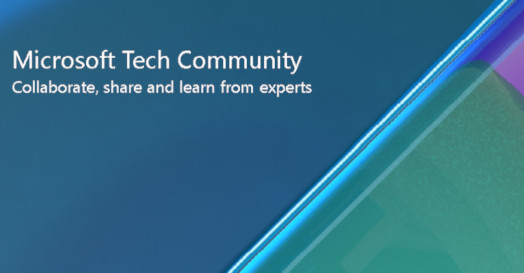Azure Automation Run As accounts retiring on 30 September 2023

On 30 September 2023, Azure Automation will retire Run As accounts, and completely move to Managed identities. All runbook executions using Run As accounts, including Classic Run As accounts would not be supported after this date. Moreover, starting 1 April 2023, creation of new Run As accounts in Azure Automation will not be possible. Renewing of certificates for existing RunAs accounts would be possible only till the end of support.
To ensure you are using a supported authentication method, you must migrate all your runbooks to Managed Identities.
Benefits of Managed identities
- Secure authentication to any Azure service that supports Azure AD authentication.
- Minimised management overhead with easy access to resources.
- No need of Certificate renewals as in case of Run As accounts.
- Simplified runbooks with no requirement to use multi-line code.
Take immediate action
- Review your Automation accounts, Runbooks, GitHub code samples to identify Remove all references to Run As accounts and make necessary changes to reflect Managed Identities only.
- If you have existing Azure Automation runbooks using Run As accounts, you must migrate them to Managed identities.
- If your Run As account certificate is expiring, it’s a good time to start using Managed identities for authentication instead of renewing the certificate.
- Do not create new Run As accounts, ensure to use Managed identities.
Resources
- Migrate from a Run As account to a managed identity | Microsoft Learn
- Azure Automation migration to managed identity FAQ | Microsoft Learn
If you have questions, ask community experts in Microsoft Q&A.
Published on:
Learn moreRelated posts
Condition vs. Switch in Power Automate: When to Use Each
A common question I hear from newer Power Automate users is when to use Condition vs Switch in the Control connector. Control is available in ...
Connection references and permissions in Power Automate
Have you ever battled with connection references in Power Automate? If not, you probably haven't worked on projects with multiple developers o...
Microsoft Purview: Data Lifecycle Management- Azure PST Import
Azure PST Import is a migration method that enables PST files stored in Azure Blob Storage to be imported directly into Exchange Online mailbo...
How Snowflake scales with Azure IaaS
Microsoft Rewards: Retirement of Azure AD Account Linking
Microsoft is retiring the Azure AD Account Linking feature for Microsoft Rewards by March 19, 2026. Users can no longer link work accounts to ...
How to Generate a Lead Summary with Copilot Actions using Power Automate Flow
Microsoft Copilot in Dynamics 365 Sales provides powerful AI-generated insights such as Lead summaries, opportunity summaries, relationship in...
Azure Function to scrape Yahoo data and store it in SharePoint
A couple of weeks ago, I learned about an AI Agent from this Microsoft DevBlogs, which mainly talks about building an AI Agent on top of Copil...
Check if a file exists in SharePoint with Power Automate
Sometimes it is useful to create small helper flows to get a small tasks done. Today I needed to check if a file exists or not and all I had w...